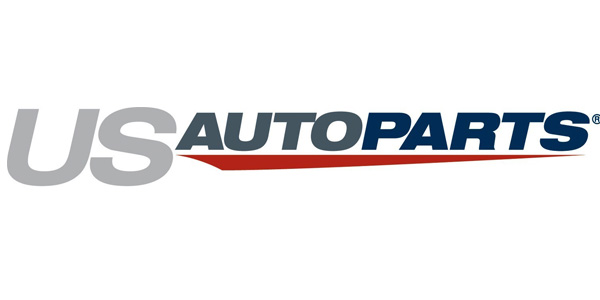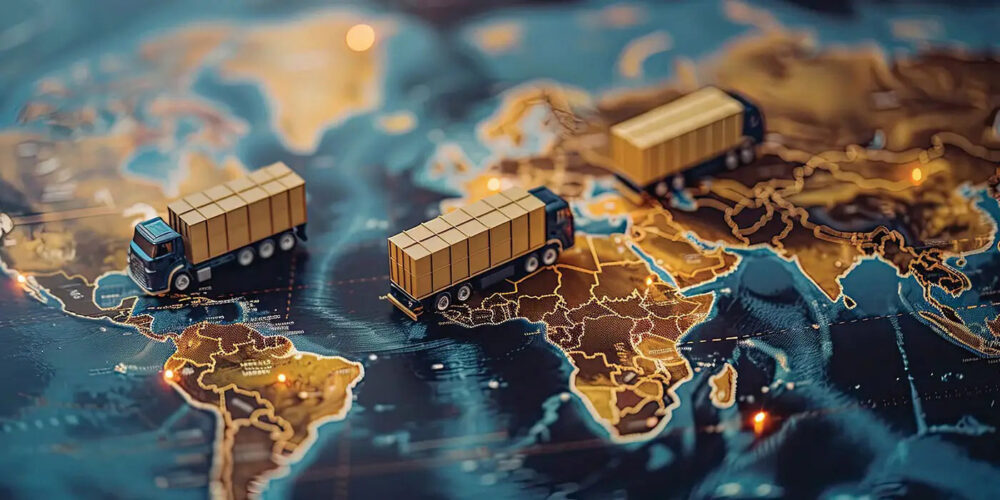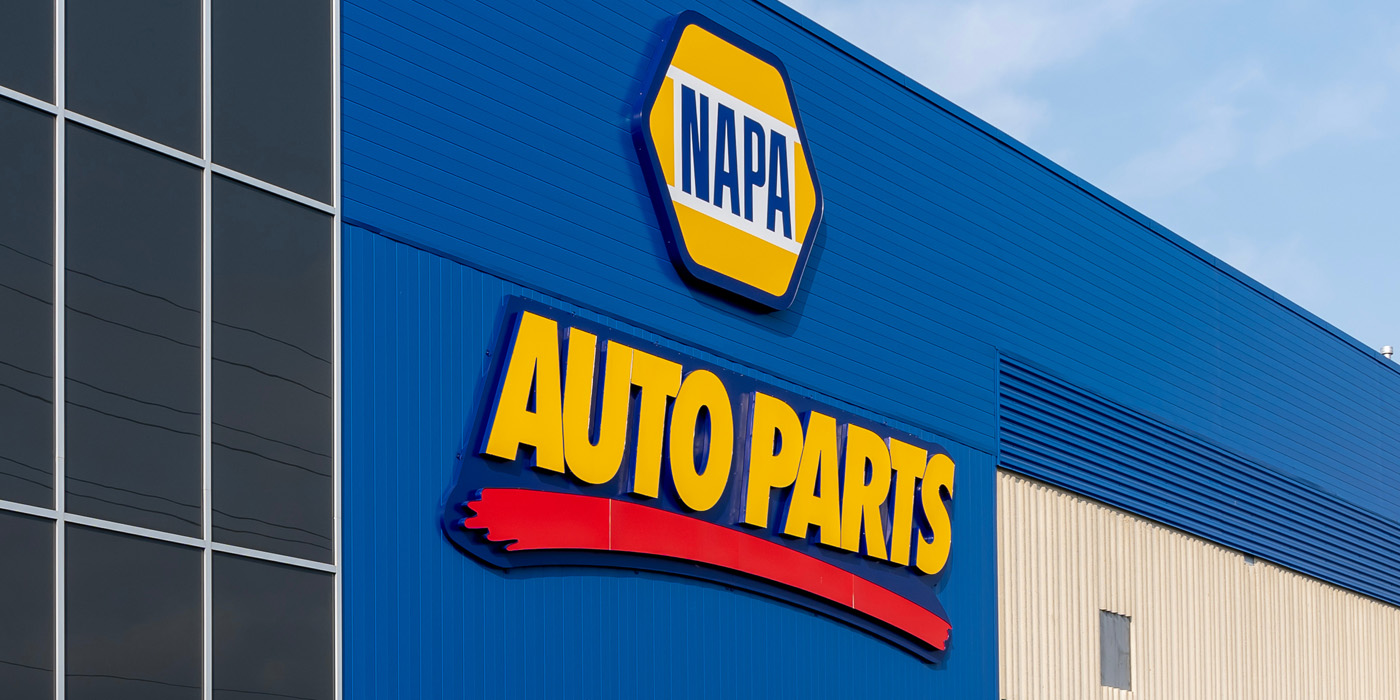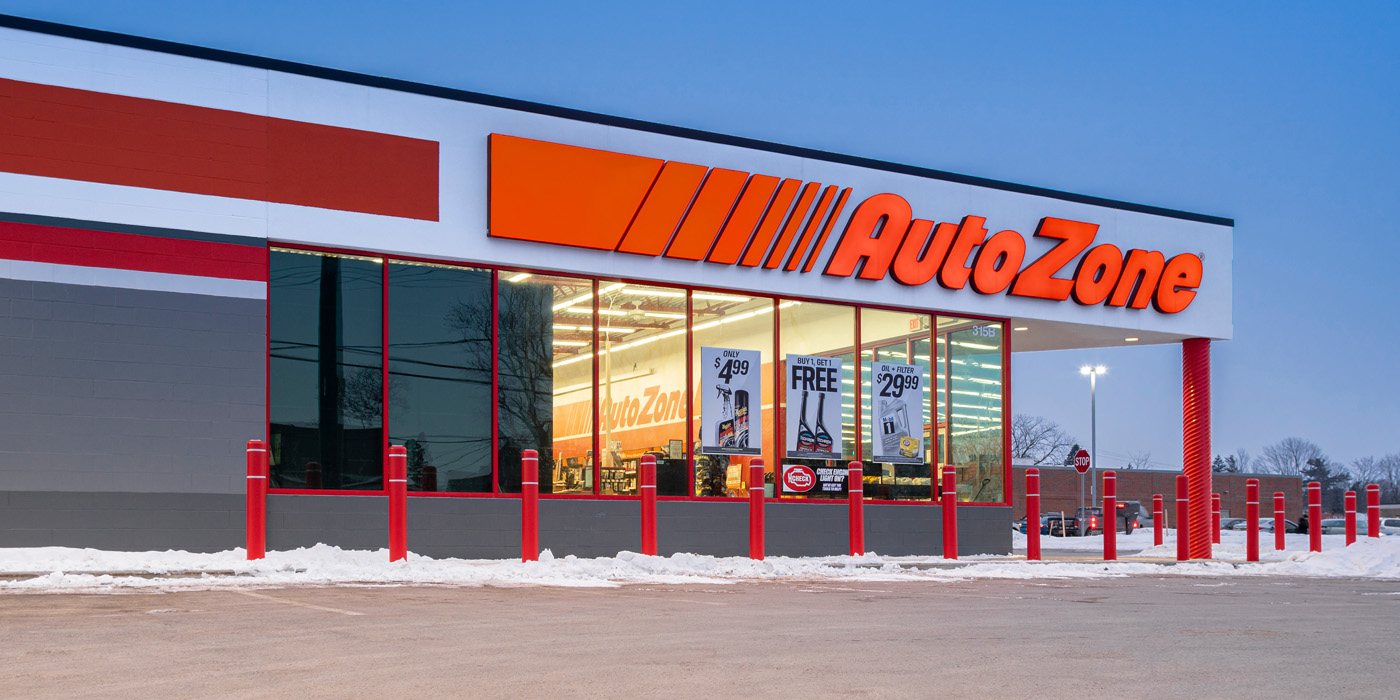
U.S. Auto Parts Network, one of the largest online providers of aftermarket automotive parts and accessories, reported a second-quarter net loss of $500,000.
The online parts provider said its net sales were $77 million, down from $80.2 million in second-quarter 2017.
Carson, California-based U.S. Auto Parts attributed the tough quarter to “a continued decline in e-commerce traffic” and a dispute with U.S. Customs and Border Protection, which was holding some of the company’s shipping containers based on allegations that U.S. Auto Parts had imported some counterfeit grilles.
“Although the seized automotive grilles accounted for less than 1 percent of our annual revenue, Customs was holding approximately 200 of our shipping containers that carried many of our other products and did not release the containers in an expeditious timeframe,” U.S. Auto Parts said in its second-quarter earnings release. “As a result, we had significantly lower in-stock rates for both private-label and branded products, as well as higher port and carrier fees associated with the unreleased product and increased legal costs associated with the product seizures and the bonding litigation. These factors culminated in lower sales, gross margins and higher operating expenses for the second quarter.”
In April, U.S. Auto Parts filed a lawsuit against the Department of Homeland Security in the U.S. Court of International Trade seeking relief from an enhanced bonding requirement that Customs imposed on the company for importing certain grilles that allegedly were counterfeit and infringed upon OEM trademarks.
On May 25, the court granted U.S. Auto Parts’ motion for preliminary injunction and ordered that Customs would be restrained from enforcing any type of enhanced bonding requirement on U.S. Auto Parts in order to obtain entry of its shipments into the United States. The court also ordered Customs to process all of the company’s import products not implicated by Customs’ underlying trademark-infringement allegations in a timely manner.
As of the end of July, Customs had released all of the remaining shipping containers that were being held up at the Port of Norfolk.
“However, in an effort to avoid future supply chain disruptions, we have ceased importing automotive grilles from outside the U.S and begun to procure alternative sources,” U.S. Auto Parts said. “This will reduce both revenue and gross margins over the near-term as our entire grille category accounts for approximately 3 percent of total revenue. The amortization treatment of port and carrier fees will also continue to impact gross margins and operating expenses for the next three quarters.”
Based on the impact of the Customs dispute and “lower-than-expected marketplace sales,” U.S. Auto Parts is forecasting net sales to decline by several percentage points compared to 2017. Previously, the company had been expecting low-single-digit year-over-year growth.
“Despite the challenges associated with the customs issue, we have continued to focus on executing our core initiatives of revitalizing our e-commerce sites and expanding our marketplace channel partnerships,” the company said. “We are in the process of enhancing our marketing capabilities through consulting engagements and leadership changes, with the goal of reversing the traffic trends on our e-commerce sites. We also recently signed an agreement with a major global retailer to begin selling our branded and private-label products through their online marketplace. This expansive marketplace presents a tremendous opportunity for us to sell automotive products to a large, new customer base. We remain committed to serving our customers wherever they go to shop for online aftermarket automotive parts, be it through our own e-commerce sites or third-party marketplace channels.”






